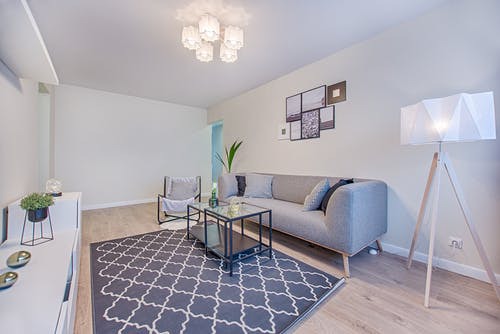
Navigating the journey to long-term sobriety is often a challenging one. After leaving the structured environment of treatment facilities, individuals in recovery may find it difficult to maintain their sobriety. This is where sober living homes come into the picture, offering a valuable resource to those seeking a supportive community to prevent relapse.
Structured Living Environment
One of the core ways sober living homes aid in preventing relapses is by providing a structured environment. Residents typically follow a schedule that includes chores, meetings, and sometimes, curfews. This structure helps to:
-
Encourage accountability and responsibility
-
Reduce idleness that can lead to cravings
-
Create a daily routine, which is important in recovery
By living in a structured setting, individuals in recovery can slowly rebuild their lives, focus on sobriety, and gain confidence before transitioning to an independent lifestyle.
Peer Support and Community
Peer support is a cornerstone of the sober living home experience. In these settings, residents are surrounded by individuals who are facing similar challenges and working towards the same goals. The sense of community:
-
Provides encouragement during difficult times
-
Allows individuals to share coping strategies
-
Helps solidify a support network which is crucial for long-term recovery
With guidance from peers, those in recovery are less likely to feel isolated and more motivated to stay sober.
Gradual Reintegration into Society
Sober living homes offer a transitional period for residents to re-acclimate to daily life outside of rehabilitation centers. They bridge the gap between an inpatient facility and full independence. Residents learn to:
-
Manage real-world responsibilities while remaining sober
-
Engage with the broader community under less restrictive conditions
-
Maintain sobriety even in the presence of triggers and stressors
These homes provide a safe space to navigate real-life scenarios in a controlled and supportive environment.
A Culture of Sobriety
Sober living homes are imbued with a culture of sobriety. Every aspect of the household promotes clean living, from the community activities to the zero-tolerance policy for substance use. Residents may participate in:
-
Regular drug and alcohol screening
-
Group therapy sessions
-
Sober social events
This culture reinforces the commitment to sobriety and helps residents to internalize sober habits.
Continuous Learning and Personal Growth
Through workshops and educational sessions, residents are encouraged to focus on personal growth and continuous learning. This focus helps individuals:
-
Develop new skills for coping with stress and emotions
-
Understand the root causes of their addiction
-
Forge a new identity beyond that of being an addict
Armed with this knowledge, residents can better handle situations that might otherwise lead to relapse.
Resources for Ongoing Recovery
Sober living homes often connect residents with external resources necessary for sustained recovery, such as:
-
Outpatient therapy and counseling
-
Support groups and 12-step programs
-
Job placement and vocational training
This network of resources serves as a safety net, ready to catch individuals who may stumble in their journey to lifelong sobriety.
Limiting Exposure to Relapse Triggers
Sober living homes are designed to limit exposure to triggers. Careful attention is paid to the location and house rules to minimize temptations, including:
-
Prohibiting substances on the premises
-
Asking visitors to respect the home’s sober policy
-
Creating a safe, calm living space
These practices help residents to focus on recovery rather than on resisting temptations. Additionally, the surroundings of a sober living home can play a significant role. Facilities such as sober living facilities in New Jersey offer an environment that supports sobriety and minimizes the risk of relapse.
Continuous Sobriety Maintenance
Maintenance of sobriety is an ongoing process, and sober living homes play a vital part in this. They encourage residents to:
-
Continue using strategies they learned in rehab
-
Stay proactive in their recovery journey
-
Seek help when facing challenges
The sobriety maintenance is ingrained into the everyday life of residents, becoming second nature over time.
Lasting Support Networks
For many, the relationships built in sober living homes last well beyond their stay, creating lasting support networks that serve as a crucial component in preventing relapse. These networks often include members from local counseling services, such as those available at rehabilitation centers in New Jersey.
Encouraging Accountability
Sober living homes help residents to hold themselves accountable for their actions and progress. Each individual is responsible for:
-
Attending meetings and therapy sessions
-
Following the house rules
-
Contributing to the maintenance of the household
This accountability plays a key role in relapse prevention as it fosters independence and self-discipline.
Additional Support from the Staff
At times, it’s the additional support from experienced staff that makes a difference. Supporting residents through their recovery journey is integral to places like Woodland Park rehabilitation and care center, where staff often provide that much-needed accountability and guidance.
Final Thoughts
To prevent relapse, sober living homes employ a multifaceted approach. From creating a structured environment and fostering a supportive community to providing access to continuous learning and ensuring exposure to relapse triggers are limited, these homes are essential in the continuum of care for individuals seeking to maintain their sobriety. Sober living facilities can truly be the bridge between an inpatient program and a successful, sober life in the wider world.























































